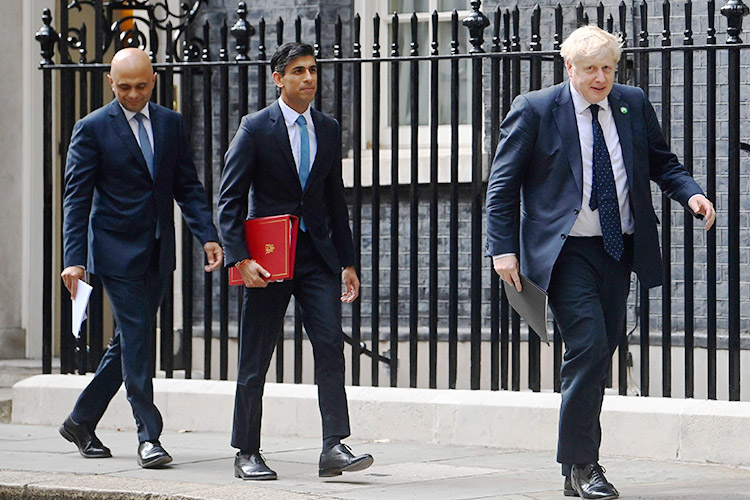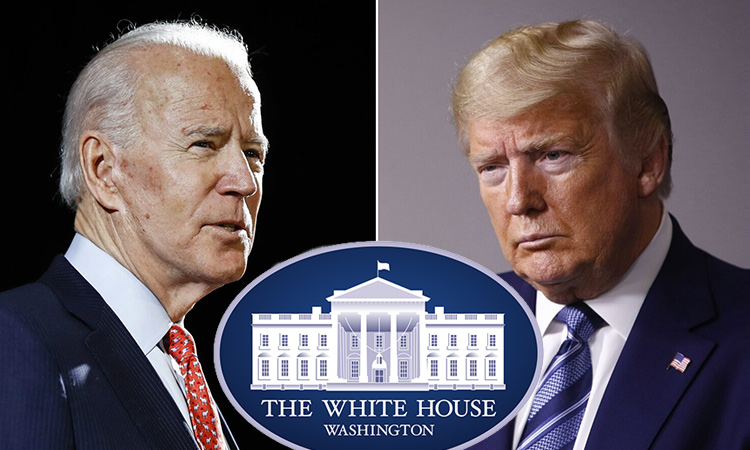Discrimination legalised in Britain

Boris Johnson speaks during a debate at the Parliament. Reuters
It would seem that the Conservative government of Prime Minister Boris Johnson is keen to move away from the liberal policy that Britain had adopted since the end of Second World, slowly turning the country into a multi-ethnic, multi-lingual and multi-religious society. Of course, the situation was never as rosy as it was in principle. There was snobbery and plain racism at work in the real world, but it was possible to protest in the name of British law and jurisprudence.
The government is likely to argue that the law was not intended against law-abiding citizens but against those who break the law and spread discontent. The argument, however, does not hold good because a white Briton in the country and who does not hold dual passports cannot be pushed out with the help of this law. It means that there is a subtle, and perhaps not-so-subtle differentiating line between the native-born and the naturalised citizen on the one hand, and persons who belong to other ethnic and religious groups. Up till now, Muslims of different nationalities but living in Britain as citizens, were identified as Britons. It did not matter whether they were Somalians or Arabs or South Asians. This was especially so with many Britain-born Muslims who went off to join the Daesh in Syria, and many of whom came back after disillusionment set in. And Britain accepted them because they were British citizens and they cannot be discriminated against. The new law gives the government the power to repatriate British citizens of other nationalities and brings back racism through the front door as it were.
It can also be said that the new law also comes in the wake of Britain’s exit from the European Union (EU), where it would not have to accept people of other nationalities under a common citizenship law. The law is also a reassertion that Britain is a nation on its own, and that it is not obliged to create a comity of nationalities inside its borders. Whatever the scope of the Nationality and Borders Bill, which will now go to the House of Lord’s, where it is likely to be passed as well, it declares loudly and clearly that the old World War One notion of a nation is making a comeback in Britain even as many of the Western European countries are trying to move away from the narrow confines of nationality and nationalism. It must, however, be noted that former communist bloc countries of eastern Europe like Poland and Hungary are asserting the old nationalisms in the face of the trans-nationalism of the EU.
But the new law poses an existential threat to many minorities living in Britain for generations. Many of them might hold the passport of the mother-countries more than half-a-century ago and who belong to the adopted country much more than to the mother-country. The threat that the Nationality and Borders Bill poses is that of pushing them back to a country where they have ceased to belong, and they are being pushed out of a country to which they belong in more than the legal sense.
It would be naive to believe that history progresses onward and there is no sliding back into a past which is not a comfortable zone to most people despite the bouts of nostalgia they experience. But it is a problem for Britain as well. If the migrants of the past century were to migrate out of Britain, then Britain would not only a deserted place but also a desolate one. When Britain threw open its doors to migrants, it did so out of sheer self-interest as much as a catholicity of spirit.







